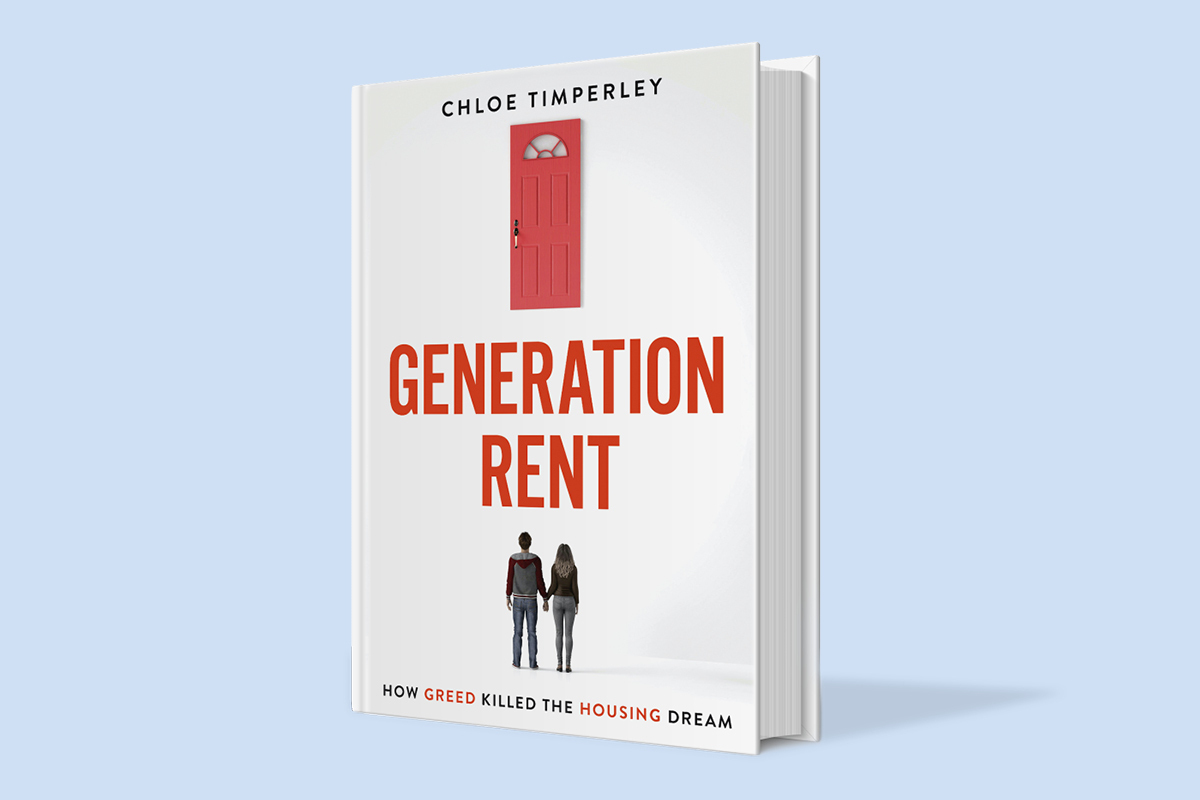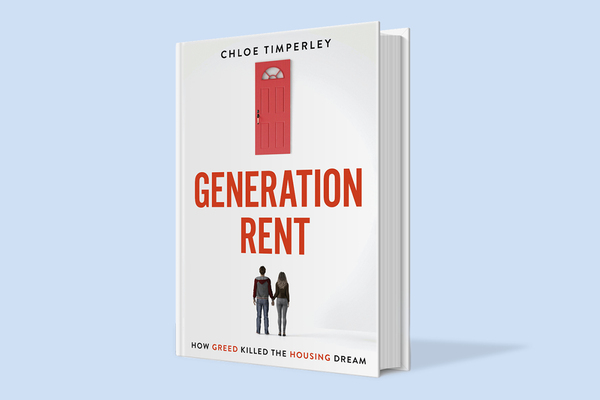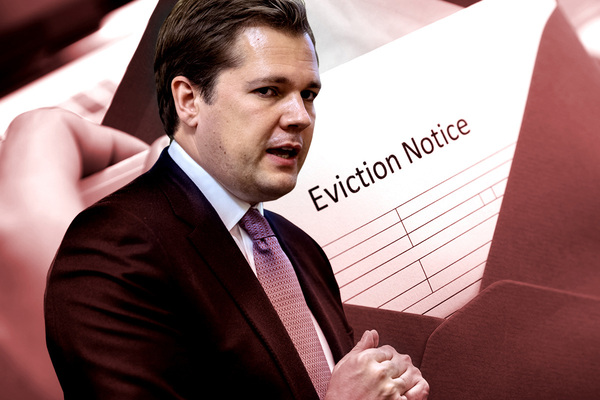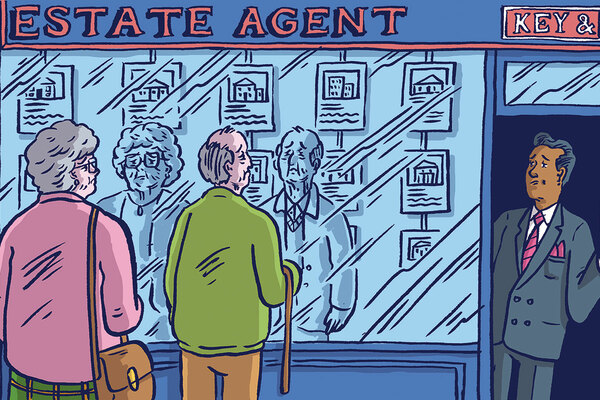Generation Rent book review: an essential read about a broken housing market
A new book on the struggles of private renting and the housing crisis, Generation Rent: Why You Can’t Buy A Home (Or Even Rent A Good One), was published last month. Peter Apps gives his take on the essential read
Inside Housing has published an extract of the book here.
A friend of mine recently had her rent put up by more than £100 a month. When she asked the landlord why, they answered honestly. He was buying a new dog and decided to send his son to a private secondary school. To pay for it, he needs more of her money.
Another friend had a plumbing issue so serious that waste water from the sink washed up out of the plughole in the bath. Tired of getting bits of old broccoli around her feet, she asked her landlord to fix it. He sent round a workman who poured undiluted acid down the plughole, which released fumes so toxic she was put in hospital.
War stories such as these are a common feature of conversation among my generation and form the backbone of Chloe Timperley’s new book Generation Rent: Why You Can’t Buy A Home (Or Even Rent A Good One). We meet the victims of revenge evictions, botched repairs and bullying landlords and hear about mushrooms blossoming out of the mould on the walls as the rent cycles ever upwards.
Such is the ubiquity of these experiences among people aged under 40, it feels somewhat surprising that this book has taken so long to be written.
But here it is, and Ms Timperley is an excellent candidate to write it. First, aged 29, she is slap in the middle of the most affected generation; second, her background in finance has lent her sharp insight into the ultimate causes of the problem; and third, she possesses a satisfyingly mordant turn of phrase to sum it all up. “It seems the private rented markets invisible hand has chosen to give renters the middle finger,” she writes at one stage.
The book is essentially three things: part a work of journalism, collecting the stories of tenants caught in the midst of the crisis; part a polemic railing against our broken housing market; and part explanation of the forces that have broken it.
This last part is aimed at readers new to the topic, but there is plenty to be gained from reading her witty, angry breakdowns of complex subjects even for those who already know the subject (I found the chapters on land promoters and impact of mortgage credit particularly enlightening).
“It seems the private rented markets invisible hand has chosen to give renters the middle finger”
A refreshing positive is the national view she takes. She lives in Sheffield and most of her case studies are outside London, particularly Bristol. One of her aims in writing the book was to knock down the idea that this is a problem confined to the capital.
A warning: housing associations crop up and her conclusions are not kind. While she is probably a little weighted towards those who have had a bad experience with their housing provider, unlike some more knee-jerk critics of the sector, she has taken the time to understand the business model and the pressures resulting from the current low-grant environment.
Her argument is that the sector’s social mission has been "muddied by brutal government cutbacks designed to morph them into something more commercial" - but what she objects to is that tenants have ultimately paid for that, through higher rents which fill the gap where public money once sat.
Her real ire is reserved not for landlords, private or social, as much as the system which has made their rise inevitable and has converted the earnings of one generation into the pension security for another.
It’s an angry book, but not one that indulges in political grandstanding. She is more interested in building a clear case of what has gone wrong than tub-thumping about it. Still though, it is an enraging account – especially if you happen to be someone who has poured a large amount of your income into rental payments in recent years.
“The worst thing about being stuck in the private rented sector is... the dawning realisation that housing affordability is still worsening and the housing crisis is just getting started”
If there is a criticism, it is that the journalistic elements could be sharper. Beyond the often-anonymised case studies, there isn’t much by way of investigation into those profiting from the crisis and working to keep the structures in place. A section towards the end where we go behind the scenes at property conferences ends up elucidating little.
Overall though this is a book by and for a generation which has been roundly let down by the housing market for too long.
The picture she paints is grim. One of the images that most depressed me was the thought of generation rent growing old – reaching their 50s and 60s, still in shared housing, having worked their lives away to service someone else’s mortgage. While she offers a series of sensible policy suggestions which could help turn the tide, she does not flinch from the reality of the situation: this crisis is getting worse not better and the current efforts to fix it are fatally flawed.
“This is why so many renters look to the future with rage and despair in equal measure,” she writes. “The worst thing about being stuck in the private rented sector is not just the current state of play, the mould, the stolen deposits, the eviction notices. It’s the dawning realisation that housing affordability is still worsening and the housing crisis is just getting started.”
For those who care about changing that, this is an essential book.
Peter Apps, deputy editor, Inside Housing
Generation Rent: Why You Can’t Buy A Home (Or Even Rent A Good One) by Chloe Timperley, Canbury, £9.99
The book is available here and Inside Housing readers can get a 10% discount and free postage by entering the code Summer10 at checkout.












